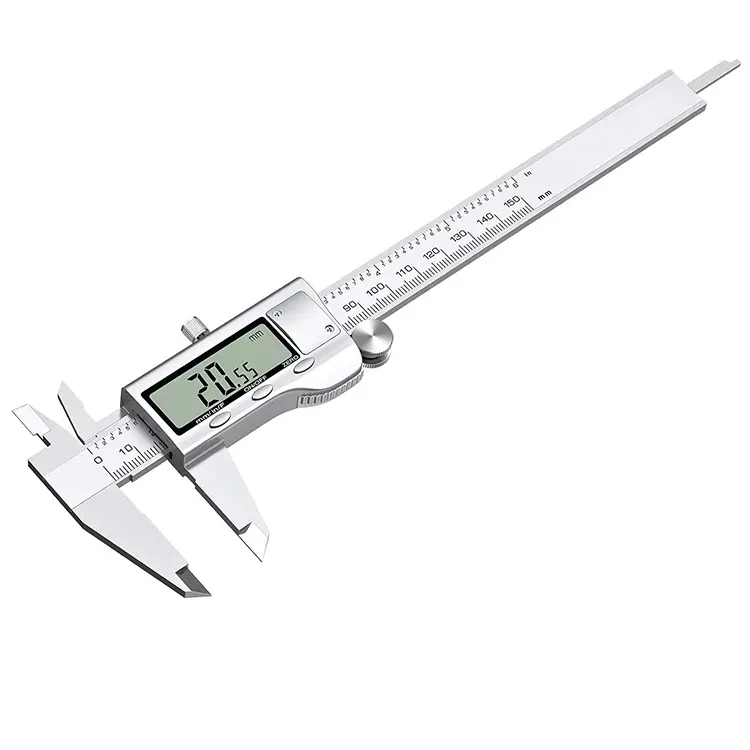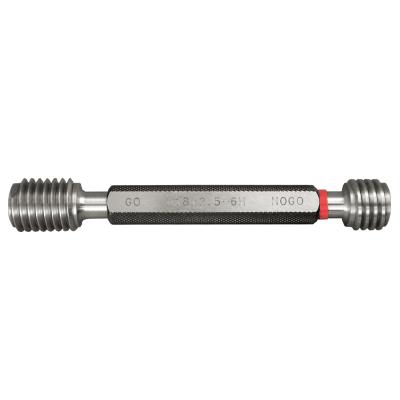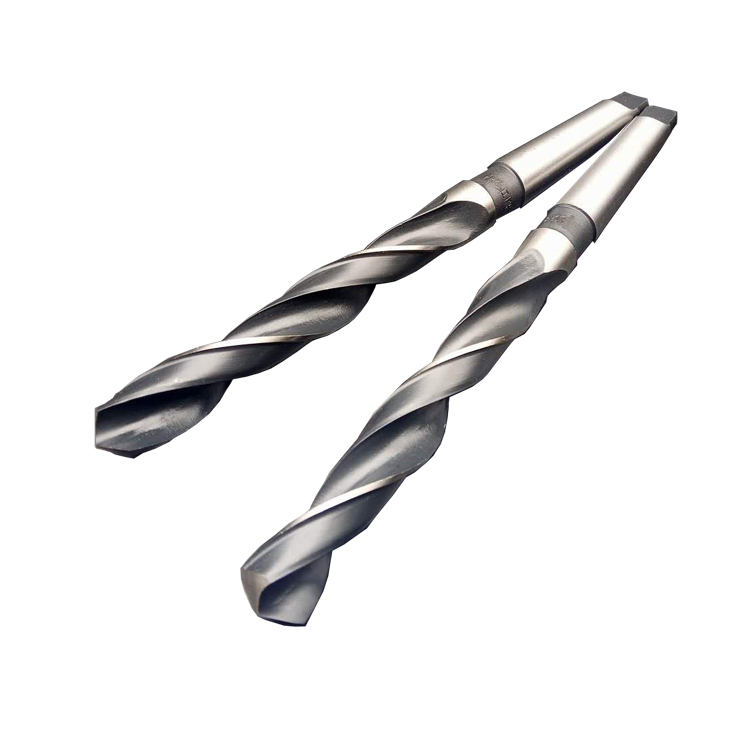123 block Manufacturer
Choosing the right 123 block manufacturer is crucial for ensuring quality, reliability, and cost-effectiveness. This guide provides a detailed overview of factors to consider when selecting a supplier, including material quality, manufacturing capabilities, customization options, and industry reputation. It also offers practical advice on evaluating potential manufacturers and establishing a successful partnership.
Understanding 123 Blocks and Their Applications
123 blocks, while seemingly simple, serve a variety of purposes across diverse industries. From prototyping and tooling to fixturing and even artistic applications, the precision and versatility of these blocks make them invaluable. Therefore, securing a reliable 123 block manufacturer is a priority.
What Exactly Are 123 Blocks?
Technically speaking, 123 blocks (sometimes referred to as 1-2-3 blocks) are precision-ground blocks that measure exactly 1 inch by 2 inches by 3 inches. Their accuracy, typically within a few ten-thousandths of an inch, makes them indispensable in various manufacturing and inspection processes.
Common Uses for 123 Blocks
- Precision Setup: Ensuring accurate alignment and positioning of workpieces on machine tools.
- Inspection: Verifying dimensions and tolerances of manufactured parts.
- Tooling and Fixturing: Creating custom jigs and fixtures for holding parts during machining or assembly.
- Prototyping: Building quick and accurate prototypes for design verification.
Key Considerations When Choosing a 123 Block Manufacturer
Selecting the right 123 block manufacturer requires careful evaluation of several critical factors. The following elements should be prioritized in your decision-making process.
Material Quality and Hardness
The material used to manufacture 123 blocks directly impacts their durability and accuracy. Common materials include:
- Tool Steel: Offers excellent wear resistance and dimensional stability. Often hardened for increased durability.
- Stainless Steel: Provides corrosion resistance, making it suitable for applications in harsh environments.
- Aluminum: Lightweight and relatively inexpensive, suitable for less demanding applications.
Hardness is another critical factor. Hardened steel 123 blocks are more resistant to wear and deformation, maintaining their accuracy over a longer lifespan. Look for manufacturers who specify the hardness of their blocks using the Rockwell C scale (HRC).
Consider the environment in which the blocks will be used. For example, if they will be exposed to moisture or corrosive chemicals, stainless steel is the better choice. Wayleading Tools offers a variety of materials for your needs.
Manufacturing Capabilities and Precision
A reputable 123 block manufacturer should possess advanced manufacturing capabilities to ensure consistent quality and precision. Look for the following:
- Precision Grinding: This process is essential for achieving the required dimensional accuracy and surface finish.
- Heat Treatment: Proper heat treatment ensures the blocks have the correct hardness and dimensional stability.
- Inspection and Quality Control: A rigorous quality control process is crucial for identifying and rejecting any blocks that do not meet specifications. This often includes Coordinate Measuring Machines (CMM) for precise dimensional verification.
Customization Options
Sometimes, standard 123 blocks may not meet the specific requirements of your application. Many manufacturers offer customization options, such as:
- Custom Sizes: Blocks with dimensions other than the standard 1' x 2' x 3'.
- Holes and Threads: Adding threaded holes for mounting or attaching other components.
- Special Materials: Using specific alloys or coatings to meet unique application requirements.
Industry Reputation and Certifications
A manufacturer's reputation and certifications are strong indicators of their commitment to quality and customer satisfaction. Look for certifications such as ISO 9001, which demonstrates a commitment to quality management systems.
Check online reviews and testimonials to get a sense of other customers' experiences with the manufacturer. Also, consider asking for references to speak with current or past clients.
Evaluating Potential 123 Block Manufacturers: A Practical Approach
Once you have identified a few potential 123 block manufacturers, it's time to evaluate them more closely. Here's a practical approach:
Requesting Quotes and Samples
Obtain detailed quotes from each manufacturer, specifying the quantity, material, and any customization requirements. Request samples of their 123 blocks to assess their quality firsthand. Carefully inspect the samples for dimensional accuracy, surface finish, and any signs of defects.
Asking the Right Questions
Prepare a list of questions to ask each manufacturer. These questions should cover topics such as:
- What materials do you offer for 123 blocks?
- What is the typical dimensional tolerance of your blocks?
- What quality control processes do you have in place?
- What is your lead time for standard and custom blocks?
- Do you offer any warranties or guarantees?
Visiting the Manufacturing Facility (If Possible)
If feasible, visit the manufacturer's facility to observe their operations and assess their capabilities. This will give you a better understanding of their manufacturing processes, quality control procedures, and overall professionalism.
Building a Successful Partnership with Your 123 Block Manufacturer
Choosing the right 123 block manufacturer is just the first step. Building a strong and collaborative partnership is essential for long-term success. Here are some tips:
Clear Communication
Maintain open and clear communication with your manufacturer. Clearly communicate your requirements, expectations, and any changes to your needs. Respond promptly to their inquiries and provide timely feedback.
Establishing Quality Standards
Work with your manufacturer to establish clear quality standards and acceptance criteria. This will help ensure that the blocks you receive consistently meet your requirements. Consider using a written specification document that outlines all relevant details.
Regular Performance Reviews
Conduct regular performance reviews with your manufacturer to assess their performance and identify areas for improvement. Discuss any issues or concerns and work together to find solutions. This proactive approach will help maintain a strong and productive relationship.
Real-World Examples and Case Studies
Let's examine a few examples of how selecting the right 123 block manufacturer can impact different industries:
Aerospace Industry
In the aerospace industry, precision and accuracy are paramount. Using high-quality, hardened steel 123 blocks from a reputable manufacturer is crucial for ensuring the accuracy of tooling and fixtures used in the manufacturing of aircraft components. These components often require extremely tight tolerances, and even small errors can have significant consequences.
Automotive Industry
The automotive industry relies heavily on automation and precision manufacturing. 123 blocks are used extensively in the setup and calibration of robotic welding systems and other automated equipment. Choosing a manufacturer who can provide blocks with consistent accuracy and durability is essential for maintaining production efficiency.
Tool and Die Making
Tool and die makers rely on 123 blocks for a variety of tasks, including creating custom molds and dies for plastic injection molding and metal stamping. The blocks are used to precisely align and position components during the manufacturing process. The manufacturer's ability to provide custom sizes and configurations is often critical in this industry.
Cost Considerations
While quality and reliability are essential, cost is also a factor. Don't just choose the cheapest 123 block manufacturer without considering the potential trade-offs in quality and accuracy. Consider the total cost of ownership, including the initial purchase price, the cost of maintenance, and the potential cost of downtime due to inaccurate or unreliable blocks.
Working with Wayleading Tools can help you find the right balance between cost and quality.
Summary Table: Comparing 123 Block Materials
| Material | Pros | Cons | Typical Applications |
|---|---|---|---|
| Tool Steel | Excellent wear resistance, high dimensional stability | Susceptible to corrosion if not properly treated | High-precision setups, tooling, fixturing |
| Stainless Steel | Corrosion resistance, good dimensional stability | Lower wear resistance compared to tool steel | Applications in corrosive environments, food processing |
| Aluminum | Lightweight, relatively inexpensive | Lower dimensional stability and wear resistance | Light-duty setups, prototyping |
Conclusion
Selecting the right 123 block manufacturer is a critical decision that can significantly impact the accuracy, efficiency, and cost-effectiveness of your manufacturing processes. By carefully considering the factors outlined in this guide, you can make an informed decision and build a successful partnership that will benefit your organization for years to come. Don't hesitate to contact Wayleading Tools for your precision tooling needs.
Disclaimer: All information provided is intended for general guidance only. Please consult with qualified professionals for specific advice tailored to your individual needs.
Related products
Related products
Best selling products
Best selling products-
 Depth Vernier Gauge With Stainless Steel And Monoblock Depth Type
Depth Vernier Gauge With Stainless Steel And Monoblock Depth Type -
 Precision Digital Caliper Of Metal Case For Industrial
Precision Digital Caliper Of Metal Case For Industrial -
 Type B Cylinder Tungsten Carbide Rotary Burr
Type B Cylinder Tungsten Carbide Rotary Burr -
 Indexable Spade Drill Holder With Helical Flute Holder And Taper Shank
Indexable Spade Drill Holder With Helical Flute Holder And Taper Shank -
 Precision IP67 Digital Caliper With Data Output For Industrial
Precision IP67 Digital Caliper With Data Output For Industrial -
 Precision 2pcs Angle Blocks Set With High Quality Type
Precision 2pcs Angle Blocks Set With High Quality Type -
 9PCS Broken Tap Extractor Set With Storage Box
9PCS Broken Tap Extractor Set With Storage Box -
 Metric Thread Plug Gauge 6H Accuracy With Go & NO Go
Metric Thread Plug Gauge 6H Accuracy With Go & NO Go -
 Precision Monoblock Fine-Adjustment Vernier Caliper Of Metric & Imperial For Industrial
Precision Monoblock Fine-Adjustment Vernier Caliper Of Metric & Imperial For Industrial -
 Inch ER Collets With Hight Precision Milling
Inch ER Collets With Hight Precision Milling -
 Parting & Grooving Tool Set With SLTB Blcok, NCIH Blades, GTN Inserts
Parting & Grooving Tool Set With SLTB Blcok, NCIH Blades, GTN Inserts -
 Precision Outside Micrometer Of Inch & Metric With Rachet Stop
Precision Outside Micrometer Of Inch & Metric With Rachet Stop











